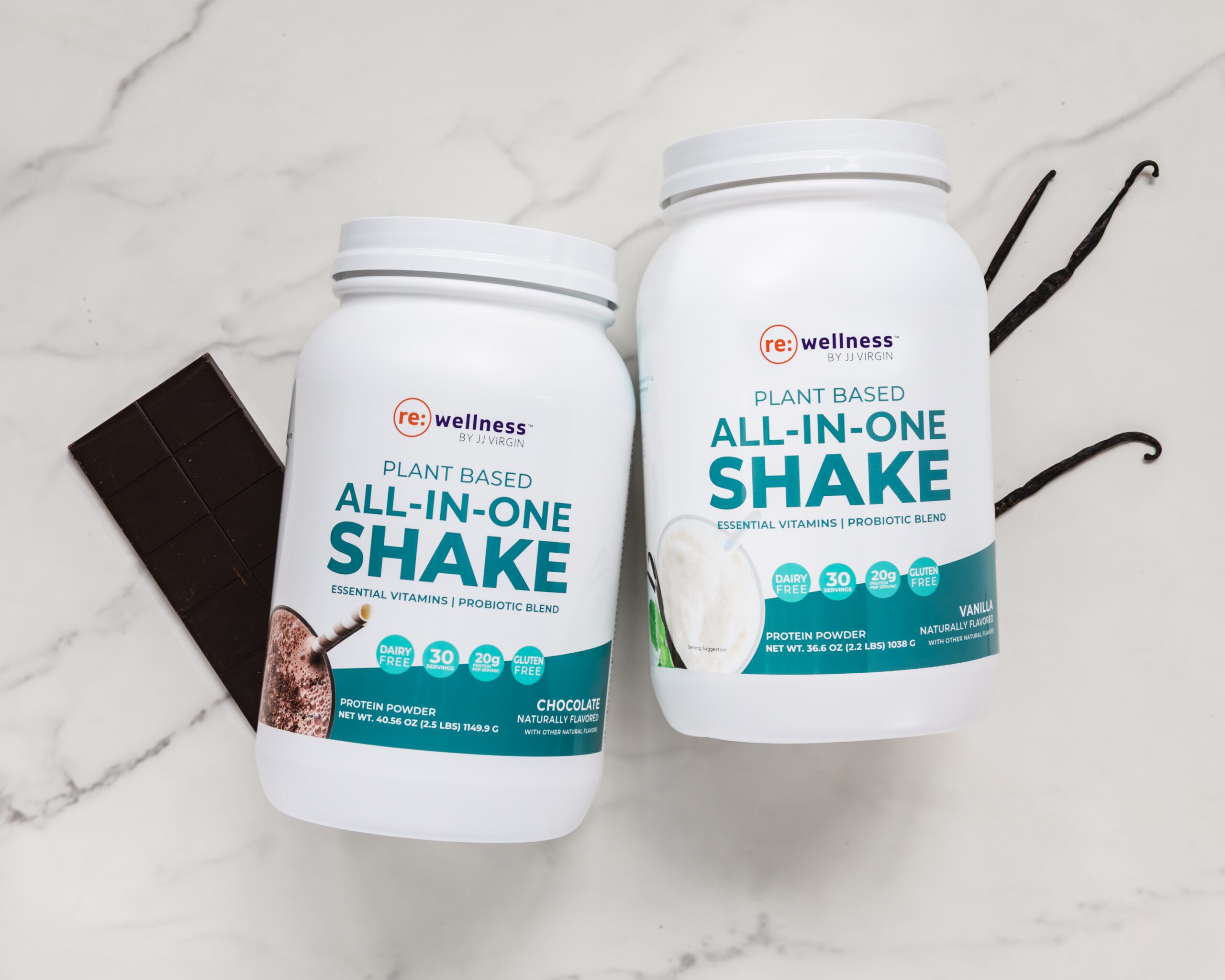Every meal you enjoy, whether it’s a hearty steak or a light salad, sets off a complex process of digestion. This journey, starting in your mouth and ending in your large intestine, is largely governed by digestive enzymes. These critical enzymes are produced by various organs and are specifically tailored to break down different components of your food.
Digestive enzymes are vital for efficient nutrient absorption and maintaining digestive comfort. When your body maintains the right balance of these enzymes, you experience efficient nutrient absorption and a comfortable feeling post-meal, avoiding common issues like gas and bloating.
In certain cases, such as enzyme deficiencies or digestive disorders, taking supplemental digestive enzymes can be a game-changer for your digestive health.
How Digestion Works
Digestion is the process of breaking down the food you eat into smaller, usable parts, primarily facilitated by enzymes. These natural proteins are specialized for digesting specific nutrients: carbohydrates, proteins, and fats.
The process begins in your mouth when you take your first bite. Your salivary glands produce an enzyme called salivary amylase to help break down carbohydrates in the food.
Stomach acid, or hydrochloric acid (HCl), serves three critical roles: it aids in digesting food, neutralizes harmful microorganisms, and activates key digestive enzymes.
One such enzyme is pepsin, essential for breaking down proteins into smaller pieces in the stomach’s acidic environment. Additionally, the stomach produces gastric lipase, crucial for fat digestion.
Once food is partially digested in the stomach, it turns into a thick liquid called chyme. This is where the pancreas, located behind the stomach, releases several enzymes into the small intestine. These include pancreatic amylase for further carbohydrate breakdown, trypsin and chymotrypsin for protein digestion, and lipase for fat digestion.
In addition to the pancreas, your small intestine produces digestive enzymes like lactase, sucrase, and maltase to break down different sugars. Peptidases, also from the small intestine, break down proteins into peptides and amino acids.
In addition to the pancreas, the gallbladder, a small organ beneath your liver, plays a crucial role. It stores and releases bile, a digestive juice produced by the liver vital for fat digestion in the small intestine.
By the time chyme reaches the colon, most nutrients have been absorbed. The colon’s role is mainly in absorbing water and electrolytes, which prevents dehydration and maintains electrolyte balance. It also recycles bile acids, optimizing fat digestion.1
This entire journey, from enjoying your steak and vegetables to the final absorption, highlights the intricate and essential role of enzymes in digestion.
What Happens When You Don’t Make Enough Digestive Enzymes?
Digesting food is a precise and well-coordinated process that hinges on the adequate production of digestive enzymes. When your body falls short in producing these enzymes, it can disrupt this delicate balance, leading to a range of issues.
A primary concern is nutrient absorption. Digestive enzymes are essential for breaking down food into nutrients that your body can absorb. A deficiency in these enzymes means your gut struggles to break down and absorb essential nutrients. This can result in digestive discomfort, including symptoms like post-meal gas and bloating.2, 3
Inadequate enzyme production can also impact your gut’s microbiome, which is crucial for producing nutrients like short-chain fatty acids, B vitamins, and vitamin K. Poor digestion can lead to deficiencies in these vital nutrients.
Additionally, a lack of digestive enzymes can cause undigested food in the small intestine, leading to harmful bacterial overgrowth, inflammation, and reduced stomach acid. This can result in further gut problems, including small intestine bacterial overgrowth (SIBO), increased infection risk, and poor protein digestion.4, 5
Another significant impact of insufficient enzymes is on the gut flora balance. Undigested food particles can feed harmful bacteria, leading to an overgrowth of bad bacteria. This imbalance extends beyond the gut, potentially causing systemic inflammation, which impacts your entire body. It can lead to difficulties with weight loss due to metabolic changes and can also affect your immune system, contributing to autoimmune diseases and other health concerns.6
Numerous factors can inhibit or impair how your body makes and uses digestive enzymes. As you age, your body may not produce enough stomach acid or digestive enzymes. High stress levels, excessive alcohol consumption, nutrient deficiencies (including zinc and B vitamins), certain medications, and some infections such as H. pylori can also lower stomach acid levels and otherwise impair the digestive process.8, 9
The Benefits of Taking Digestive Enzyme Supplements
Digestive enzymes can benefit you if your body isn’t producing enough. A supplement can help break down food, improve digestion, and enhance nutrient absorption, preventing digestive issues and deficiencies. The key benefits include:
- Supporting digestion: Digestive enzyme supplements aid the digestive process by reducing the presence of undigested food particles, ensuring that your body can better absorb nutrients.10
- Managing digestive disorders: Digestive enzyme supplements can help manage a range of digestive disorders, including lactose intolerance and cystic fibrosis, which affects the lungs and digestive system.11
- Improving immune health: A significant portion of your immune system is in your gut. Digestive enzymes help maintain a balance of beneficial and harmful bacteria, preventing immune weakening due to imbalances and nutrient deficiencies caused by poor digestion.12
- Reducing disease risk: Efficient digestion and a balanced gut can lower the risk of various diseases, including diabetes, heart disease, inflammatory bowel disease, autoimmune conditions, and certain types of cancers.13
- Minimizing inflammation: By aiding in breaking down food into smaller, easily digestible particles, these supplements can reduce gut and systemic inflammation, alleviating stress on the digestive system.14
- Supporting your gut wall: With leaky gut, your intestinal wall becomes damaged. Things that shouldn’t get through that wall do, creating havoc throughout your body. A digestive enzyme supplement can reduce the number of undigested food particles (so fewer can slip through the gut wall) and support overall gut health.15
Taking a digestive enzyme supplement supports your body’s breakdown of food, ensuring that you’re getting the nutrients you need to thrive and preventing the many problems that inefficient breakdown of food can create.
Protein First Enzymes: The Most Effective Digestive Enzyme Supplement Available
To get the many benefits of a digestive enzyme, you want a full-spectrum supplement that also contains hydrochloric acid (HCl) and an array of digestive enzymes that address problem foods like gluten and dairy.
I designed Protein First Enzymes for all-in-one digestive enzyme support, providing a custom-designed blend of digestive enzymes to break down proteins, fats, and carbohydrates. This unique formula includes betaine hydrochloride (HCl) to break down protein efficiently.
Because problem ingredients can slip into meals (even with the best intentions), Protein First Enzymes also contains digestive enzymes to help break down gluten, casein, soy, and lactose.
This one-of-a-kind digestive enzyme includes:
- Pancreatic enzymes to support protein, fat, and carbohydrate digestion (amylases, pepsin, proteases, glucoamylase, lactase, invertase, lipase)
- Betaine HCl to support protein digestion and nutrient absorption
- Ox bile to support fat breakdown
- Special digestive enzymes that help break down problematic proteins, including gluten, dairy, and soy
I find that almost everyone over 30 and folks who are under stress can benefit from a digestive enzyme supplement. When you take Protein First Enzymes, you can feel confident that you’re giving your body the support it needs to break down food, digest well, and absorb the nutrients your body needs to thrive.*
References:
- Patricia JJ, Dhamoon AS. Physiology, Digestion. 2022 Sep 12. In: StatPearls [Internet]. Treasure Island (FL): StatPearls Publishing; 2022 Jan–. PMID: 31334962.
- Majeed M, Majeed S, Nagabhushanam K, Arumugam S, Pande A, Paschapur M, Ali F. Evaluation of the Safety and Efficacy of a Multienzyme Complex in Patients with Functional Dyspepsia: A Randomized, Double-Blind, Placebo-Controlled Study. J Med Food. 2018 Nov;21(11):1120-1128. doi: 10.1089/jmf.2017.4172. Epub 2018 Aug 29. PMID: 30156436; PMCID: PMC6249666.
- Pedre, Vincent. Happy Gut (p. 90). HarperCollins. Kindle Edition.
- Ramakrishna BS. Role of the gut microbiota in human nutrition and metabolism. J Gastroenterol Hepatol. 2013 Dec;28 Suppl 4:9-17. doi: 10.1111/jgh.12294. PMID: 24251697.
- Brown K, DeCoffe D, Molcan E, Gibson DL. Diet-induced dysbiosis of the intestinal microbiota and the effects on immunity and disease. Nutrients. 2012 Aug;4(8):1095-119. doi: 10.3390/nu4081095. Epub 2012 Aug 21. Erratum in: Nutrients. 2012 Oct;4(11)1552-3. PMID: 23016134; PMCID: PMC3448089.
- Zhang YJ, Li S, Gan RY, Zhou T, Xu DP, Li HB. Impacts of gut bacteria on human health and diseases. Int J Mol Sci. 2015 Apr 2;16(4):7493-519. doi: 10.3390/ijms16047493. PMID: 25849657; PMCID: PMC4425030.
- Mousa WK, Chehadeh F, Husband S. Microbial dysbiosis in the gut drives systemic autoimmune diseases. Front Immunol. 2022 Oct 20;13:906258. doi: 10.3389/fimmu.2022.906258. PMID: 36341463; PMCID: PMC9632986.
- Merck Manual: Effects of Aging on the Digestive System
- WebMD®: What Is Hypochlorhydria?
- John Hopkins Medicine: Digestive Enzymes and Digestive Enzyme Supplements
- Ianiro G, Pecere S, Giorgio V, Gasbarrini A, Cammarota G. Digestive Enzyme Supplementation in Gastrointestinal Diseases. Curr Drug Metab. 2016;17(2):187-93. doi: 10.2174/138920021702160114150137. PMID: 26806042; PMCID: PMC4923703.
- Wiertsema SP, van Bergenhenegouwen J, Garssen J, Knippels LMJ. The Interplay between the Gut Microbiome and the Immune System in the Context of Infectious Diseases throughout Life and the Role of Nutrition in Optimizing Treatment Strategies. Nutrients. 2021 Mar 9;13(3):886. doi: 10.3390/nu13030886. PMID: 33803407; PMCID: PMC8001875.
- Yoo JY, Groer M, Dutra SVO, Sarkar A, McSkimming DI. Gut Microbiota and Immune System Interactions. Microorganisms. 2020 Oct 15;8(10):1587. doi: 10.3390/microorganisms8101587. Erratum in: Microorganisms. 2020 Dec 21;8(12): PMID: 33076307; PMCID: PMC7602490.
- Aleman RS, Moncada M, Aryana KJ. Leaky Gut and the Ingredients That Help Treat It: A Review. Molecules. 2023 Jan 7;28(2):619. doi: 10.3390/molecules28020619. PMID: 36677677; PMCID: PMC9862683.
*These statements have not been evaluated by the Food & Drug Administration. Products mentioned are not intended to diagnose, treat, cure, or prevent any disease. The views in this blog by JJ Virgin should never be used as a substitute for professional medical advice. Please work with a healthcare practitioner concerning any medical problem or concern.







